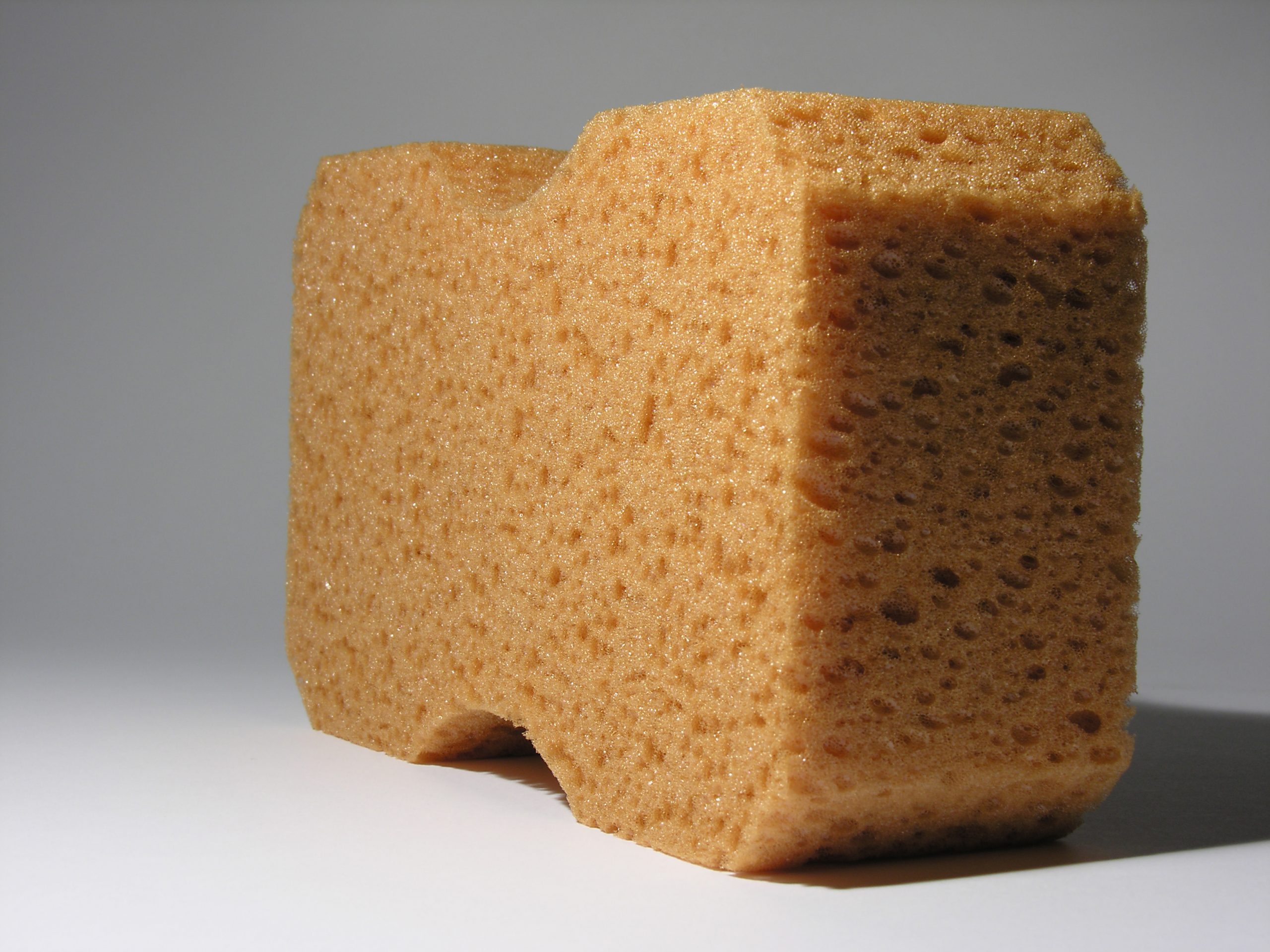
I’ve been working for a year as a high school strength coach, and the one issue I have besides lifting technique is attitude. Not the “I’m a rock star and my uniqueness makes me special" attitude, but this idea that showing up makes you strong. I have a number of athletes who will train their hearts out, give it their all, and ask for more. These kids motivate others and make the training experience a positive one.
Then there’s another group who likes to arrive late. The team lifts at the start of the hour, but this group shows up five minutes late. They walk in, announce their tardiness, leave, return, leave, and then are promptly told to get out. My time is valuable. Suffice it to say, there are 10 – 30 other teammates who seem to manage their time effectively. When a few can’t, I don’t have the patience to catch them up. This group has become significantly smaller in the past three weeks.
I call the final group the gym sponge. They will perform the lifts completely half-assed, and they tend to sit and talk more so than anything else. Again, they don’t last long and they tend to either change their game or leave. This can either evolve immediately or over the course of a week. Either way, the attitude changes or they don’t last.
To elaborate on my tangent, I’m a firm believer in attitude and its carryover to training. A great example is my deadlift session. It carried over into a conditioning program with the school’s water polo team. The coach had set up stations, and the ladies were rotating through in a circuit from station to station. This didn’t bother me. By midway, the room was more of a chatting session than a training session. I had just completed my final pull and offered my assistance in the final few minutes to a coach who was losing control of his team. With his permission, I revamped the stations, exercises, and level of energy in the room. After five minutes of weighted toe touches, sprinter sit-ups, lunges, and various limb elevation planks, the room was too busy breathing to talk. After finishing the session, the ladies, although sore, were thankful for the experience and looked forward to being pushed at future sessions.
As I finished my own workout, I started to think about the aspects of attitude and how they make a person successful.
Here are my top four:
Time
This has been impressed upon me by coaches, parents and others. I try to emphasize the limits of time that each athlete has to improve. Even at the young age of 15 or 16, you don’t have time to slack if you want to get better. Every hour you put off, someone else is working to beat you. You can’t cut a workout short and expect to out squat the kids putting in the time to get strong. Natural talent will only take a person so far before effort and skill become factors.
Effort
You get what you put into it — plain and simple. Referring to the lackluster groups, they get intense and placed into various drills and exercises, or they get kicked out. I don’t care if you’re waiting for your next set or you finished two of four exercises. Rest when all work is completed. This directly relates to mental toughness.
Mentality
As a kid, I was OK at sports. It wasn’t until my junior year that I learned how to think and work like an athlete. You have to work at a higher level and provide exceptional effort to be great. This requires sacrifice. I’m not talking about limiting your friends or having no life outside of a weight room. But there is a need to understand that athletes are not like everybody else. You can’t stay up all night, drink and expect to hit a huge PR the next day. You can’t skip meals and maintain intensity in practice. You can’t eat a bag of chips and call it dinner. These simple, often overlooked aspects can limit an athlete’s overall progress.
Attitude
As an athlete, you accept that a higher level of performance is expected of you and you will maintain that level of performance both in and out of uniform. When athletes become role models, it can lead to murky situations. Michael Phelps, Tiger Woods, Barry Bonds, Gilbert Arenas, Pacman Jones — not exactly a collection of model behavior. Kids see this and think there is a separation between actions on and off the field. As a coach, I expect student athletes to maintain a higher image because they not only represent their team but also their community. I doubt I’m the only coach doing this, but I definitely point it out a lot during practice. Negative behavior yields very negative results.
I’m not saying these are the hidden secrets of getting better, but if you’re seriously trying to improve, take a look at what you’re doing and what’s important for you on a personal level. Are you fulfilling those goals daily? If not, how can you change the behavior to meet the desired goal? Remember that success isn’t something that occurs due to some cosmic alignment. Success is the result of planning for success.









